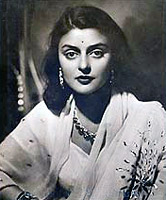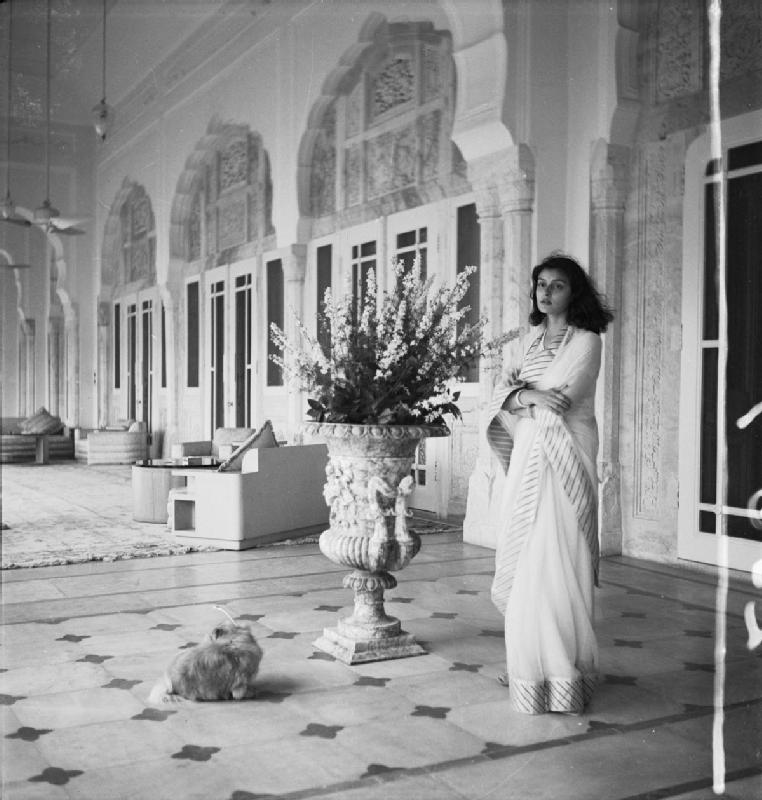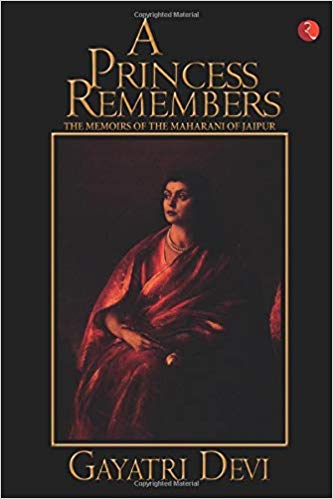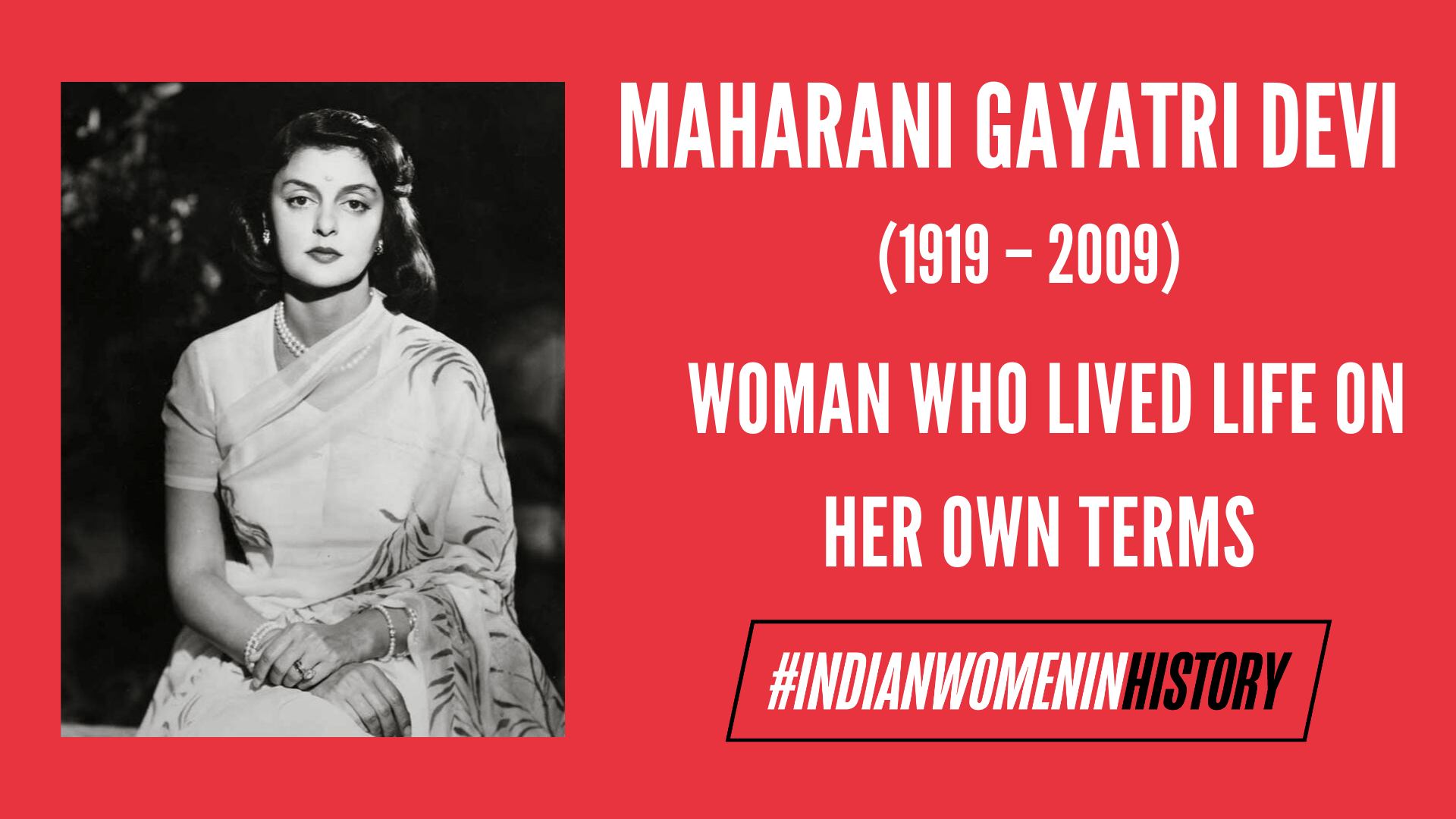Maharani Gayatri Devi was the third Maharani of Jaipur from 1940-1949. She was one of the most outspoken, bold and compassionate queens of the country. She was a social worker, politician and fashion icon. She was one of the modern princesses and queens of India who changed lives of many people and made a difference.
Early Life and Education

Gayatri Devi was born in London, UK on 23rd May 1919. She was the princess of Cooch Behar in West Bengal. Her father was the king of Cooch Behar of Koch Rajbongshi dynasty while her mother was a Maratha princess of Gaekwad dynasty.
She studied at Glendower Preparatory School London and Vishvabharti University at West Bengal. During a visit to her parents, she met her husband Sawai Maan Singh II of Jaipur at the age of 12. He was 21 years old. When she was 19, they decided to get married and it was a love marriage at that time. Despite age differences, they maintained a happy married life. She was included in Vogue magazine as one of the most beautiful women in the world. She was warned that being third wife of the king will not be easy and she was often under scrutiny by others, yet she carried all her duties with charm and grace while being a changemaker.
She was warned that being third wife of the king will not be easy and she was often under scrutiny by others, yet she carried all her duties with charm and grace while being a changemaker.
Career

During freedom struggle, Gayatri Devi always supported Congress. Her husband decided to merge Jaipur in India during partition. After independence of India, Gayatri Devi contested Indian Parliamentary elections in 1962 and won with record breaking 192,909 votes creating a record. Leaders like John F Kennedy appreciated her landslide victory“The woman with staggering majority anyone has ever earned in an election”. She won thrice on the same seat.
Her popularity among the masses and accessibility to problem solving of the common people made her a favourite of people. She lost her privy purses during the tenure of PM Indira Gandhi but she continued to do social work. She started a school for children in Jaipur after her name. She was arrested in 1971 emergency period and served 5 months in Tihar Jail. She left politics after it but advocated human rights for prisoners living in adverse conditions.
Also read: Gangubai Hangal: The Vocalist With A Feisty Voice |#IndianWomenInHistory
Titles and Struggles
Although she lost her princely powers, she did not lose her strength. She got ill during her jail time and her husband expired which gave her trauma but she fought back and remained an inspiration for women of Rajasthan. She was one of the queens who never practiced purdah. She empowered women and funded many programmes for poor and children. She was also a brilliant polo player. She was also called “People’s princess” because she was reachable.
Her initiative includes Maharani Gayatri Devi Girls school with 40 students and one English teacher which later became one of the best in the country. She benefitted more than 30000+ girls and women through her educational initiatives. When she came out of jail she wrote an autobiography “The Princess Remembers“. She was given the title of “Raj mata” after her husband’s demise.

“She dedicated her life to creating a subtle,but implicative, change in society, particularly with her continuous efforts for the empowerment of Indian women from the confines of the veil”– Devraj Singh of Jaipur, grandson of Maharani Gayatri Devi
From her choice of attire to her political decisions, she was often praised and criticised at the same time. She was a symbol of India’s royal past and a better future as she defied conventional rules and maintained her duties as a Queen of her people, ensuring their welfare. Her last days were spent over property disputes of her grandchildren but she refused to comment on that in public. She was loved dearly by her family and her people both. “She dedicated her life to creating a subtle,but implicative, change in society, particularly with her continuous efforts for the empowerment of Indian women from the confines of the veil”– Devraj Singh of Jaipur, grandson of Maharani Gayatri Devi
She spent most of her last days struggling with her health but she was at peace. In her last interview, she said, “I’ve had a happy life, with no regrets“. She died on 29 July 2009, she was suffering from lungs infection and paralytic ileus.
Also read: Pritilata Waddedar: The Revolutionary “Birkannya” From Bengal| #IndianWomenInHistory
References
About the author(s)
Meghna Mehra is the first asexual student leader of India. She is author of the book Marriage of Convenience and founder of All India Queer Association. A graduate in political science, she understands social issues from a gendered perspective.




